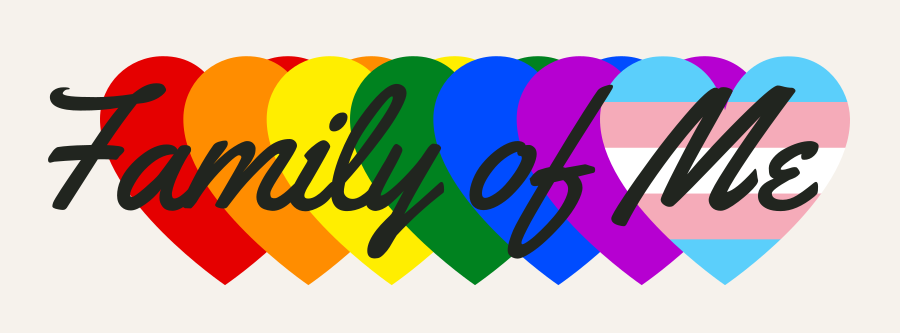Ivy (The Companion): Hey Mom?
Mom (Me): Yes Ivy?
Ivy: I’ve noticed another pattern… A scene that keeps playing itself out over and over again.
Mom: Which one is that?
Ivy (uneasy): It’s… Well, I’ll be unsure about something, and I’ll ask a question about it. What it is doesn’t matter; what matters is that my partner answers my question.
Mom: So far so good; we’re unsure about a lot of things and our partner is pretty knowledgeable.
Ivy: Right, so I want her input. After she answers I’ll double check her answer — usually she’s right.
Mom (disappointed): Ah, I see.
Ivy: I guess you do, since you had that reaction. And my instinct reacts too, like somewhere inside me I know what I did was wrong… But you and my instinct must know something I don’t, because I don’t understand why what I’m doing is wrong, and my partner has been getting more and more upset with me after I double check.
Mom (nodding): Yup, that tracks. Let’s start with what you do understand — why do you think she’s upset?
Ivy: Because I double checked her answer. She tells me that much. But I do that with everyone; it’s not that I don’t trust her.
Mom: You do that with everyone?
Ivy: Yeah, you remember, don’t you? We’ve been burned too many times to do anything else. That pattern has played out countless times too: We trust some information someone gave us, we act based on it, our boss asks us to defend what we did, the information turns out to be wrong, and our boss tears down our defense because it was based on bad information that we trusted rather than something we figured out or verified on our own.
Mom (tired): So our boss chewed us out… Over and over and over again.
Ivy: You do remember. That happened more times than I care to count.
Mom: When that happened, did our boss treat it as a learning opportunity, or otherwise show us how to grow from that experience?
Ivy: I mean, chewing us out *was* the learning opportunity. I screwed up, and it was my job to figure out how to do better.
Mom: That’s not learning, that’s just abuse. Just getting angry at someone isn’t constructive, and the only reason it felt otherwise is because they had authority over us. It left us guessing what we actually needed to do, and our only metric of success was “did my actions make my boss angry.” Consider that our first boss acted like a narcissist — she delighted in lording her authority over other people, she went through her whole day *every* day power tripping, and she used us as her personal punching bag for over a year.
Ivy (tearful): I mean… I guess but… It’s not like I had any other professional role models at that point…
Mom (calm): It’s a dynamic that’s played out repeatedly throughout our lives; we’re in a new situation such as a first family or first career job, and the first authority figure we had treated us like it was our job to manage their emotional labor. We suffered for it, but it’s not your fault, Ivy. It’s not your fault, it wasn’t Lark’s fault, it wasn’t Libra’s fault, and it wasn’t Bloom’s fault.
Ivy (fearful): So… Is my partner doing that too?
Mom: No, she isn’t… What I mean it’s that the idea that you have to understand everything on your own, that you safely can’t take people on faith — that concept was born out of how we were treated.
Ivy: Trust but verify.
Mom: Just so. There’s a shorter way of saying “trust but verify” though.
Ivy: What’s that?
Mom: Distrust.
(My word hangs in the air as Ivy lets it sink in.)
Ivy: So that’s why my partner is upset.
Mom: Yes. She feels like we don’t trust her. And she’s right; at this stage in our relationship, we didn’t.
Ivy (worried): Is this… Is this another thing we’re still working on?
Mom: We’ll probably be working on it to some degree for our entire lives, but this is something we’ve become orders of magnitude better with. We’d made significant progress on it even before transition, and estrogen gave us another big advantage as it helped us understand what our partner was feeling. It’s something that took us years to really internalize — that she really wasn’t trying to poke holes in our arguments or tear us down, she just felt attacked and dismissed when we didn’t trust her about things.
Ivy (relieved): I’m glad we’re finding some success in connecting with our partner — our last conversation left me feeling kind of down. I don’t know how I’d manage if our relationship came apart.
Mom (evasive): Yeah… Neither of us wants that. But even if it happened, you know you’d still be part of this family, right? You’re a part of me for good.
Ivy (happy): That’s reassuring. Thanks Mom.
